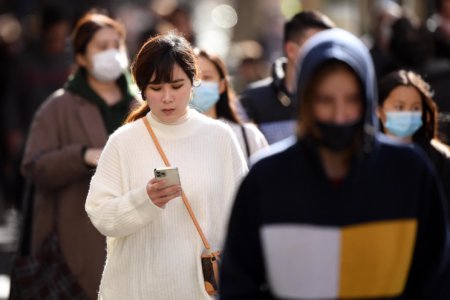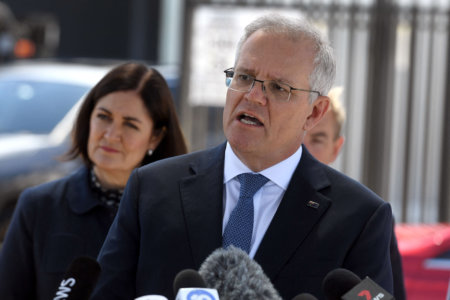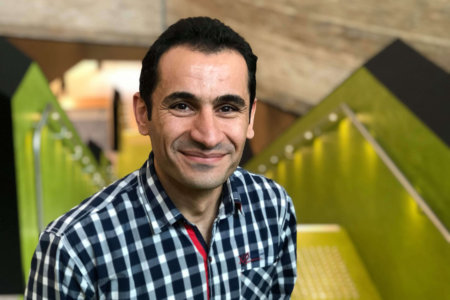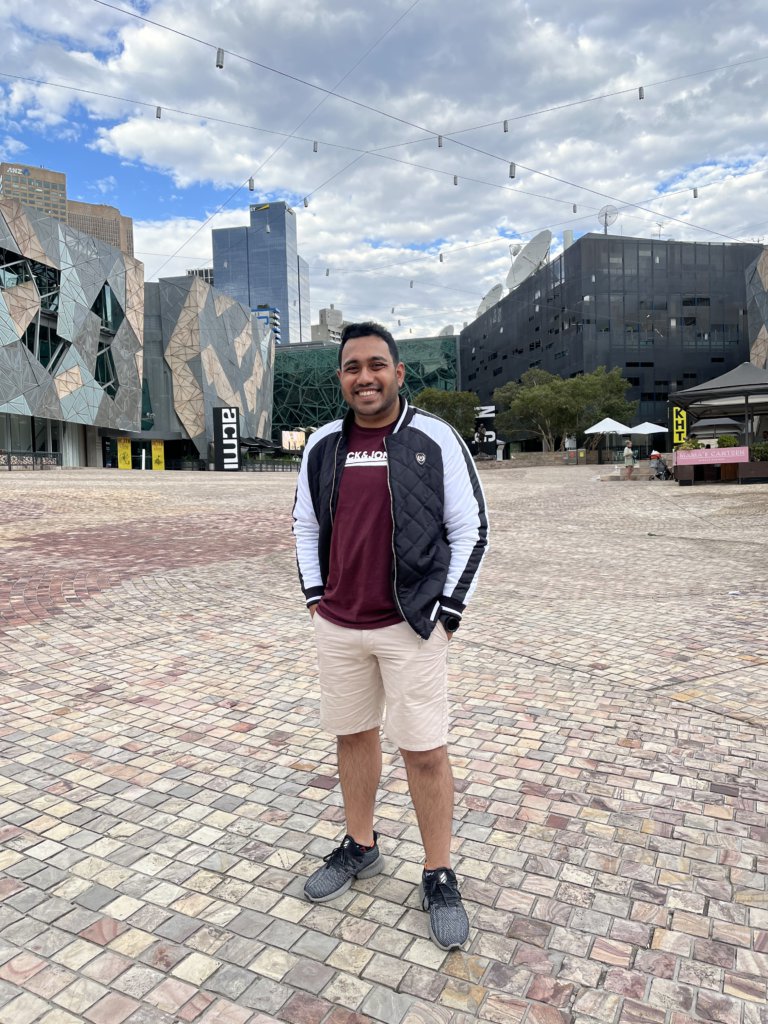
For as long as he could remember, Sadman Arafat had wanted to follow in the footsteps of his civil engineer father. After completing his A-Levels, this visionary Dhaka native is set on entering Australia to pursue his passion for electrical engineering in Monash University.
There was one major problem, though: Arafat’s first-year admission coincided with the Australian travel ban at the height of the pandemic. Forced to start his undergraduate programme entirely online, he had to adapt to being an international student without actually setting foot on campus.
Needless to say, the unconventional start to Arafat’s study abroad journey certainly makes for an interesting story. Here, we catch up with him to learn more about his road to entering Australia.
Tell us a little bit about your background. What made you decide to pursue a degree in electrical engineering?
I was born and raised in Dhaka, and I was there all my life before moving to Melbourne. I studied until A-levels in Dhaka, and for my undergraduate degree, I’m majoring in Electrical and Computer Systems Engineering in Monash University, so it’s more like a dual major programme.
From an early age, I was always curious about electronics, and I think one of the more important factors was my father himself. He’s a civil engineer, and I pretty much got my interest from him. That’s how my love for engineering grew.
Eventually, I had to work harder in my studies and get better at mathematics and other courses. I am actually on the Monash International Leadership Scholarship, so that’s how I am able to get here.
What made you decide to pursue your bachelor’s degree in Monash University?
For my Australian degree, I applied to about four universities, and I was accepted by all of them. I knew that I wanted to study in Melbourne for sure, as it’s considered the Silicon Valley of Australia.
Even though I was accepted into the University of Melbourne, it doesn’t offer engineering courses at the undergraduate level. I wanted to do my engineering degree from the start, so that’s why I selected Monash, and they were really generous to give me a good scholarship.
Could you tell us a bit more about some of the challenges that you faced before you were allowed entry into Australia?
Everyone has a different opinion on this issue, but I do have a logical approach to it. When I started my degree in 2020, I was able to accept it, as I knew that we were going through a global pandemic. Borders started closing down, and we had to contain the virus since we didn’t know anything about it. As a student of science, I knew that this was essentially important.
But eventually other countries like the US and Canada started opening their borders, and yet Australia was closed for around two years. For myself, I have done about one and a half years of my courses entirely online. So that’s how the dissatisfaction arose. Our friends who joined university later than us, who went other countries were able to travel to begin their studies on campus. They finished their semesters, while we were still stranded here.
Studying online is difficult. When you’re studying something practical like engineering or medicine, you need access to labs and other equipment. We didn’t have them, so we had to use online simulators. I remember previous year students in civil engineering courses had to make bridges, and they did it with model scale equipment. We literally had to make them with spaghetti and nuggets at home, so that was really something!
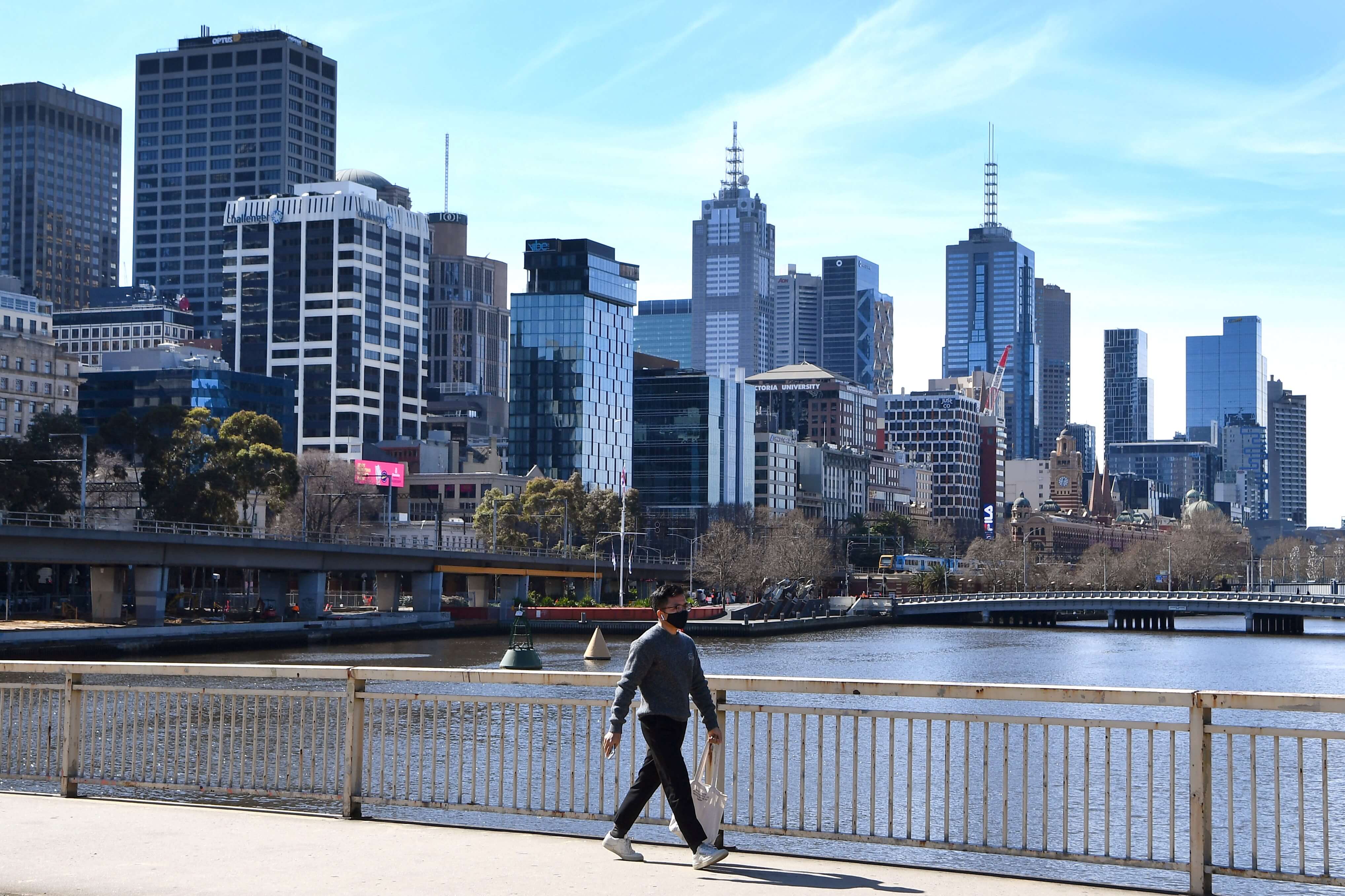
Melbourne, where Monash University’s main campus is located, is one of the cities that was hit the hardest by COVID-19 at the height of the pandemic. Source: William West / AFP
I’d also like to emphasise that I come from Bangladesh. Usually, the infrastructure in South Asian countries is not supportive of online learning. Even though I was very privileged to have good access to computers and the internet, I still struggle a lot, but I know others who struggled even more. There were people who had to defer their studies because they didn’t have the equipment to do proper online courses, not because they weren’t skilled or capable.
Also, the universities weren’t reducing their tuition fees or giving out scholarships. In fact, the exact opposite happened. A lot of my friends are still back home, and this is all something we’re still struggling with. Other than that, the most critical challenge was mental health. I think this topic is sometimes very much avoided. It doesn’t remain as calm as you expect it to be when you’re doing courses for one and half years online.
I passed all my subjects with flying colours and made it to the Dean’s list. But I recall in the third semester, even though I tried hard and did well, it wasn’t as good as I expected due to my mental health at the time. Although I kept fit, I wasn’t in the proper state of mind. I kept thinking about when borders would reopen and my increasing tuition fees.
Was there anything you did to help you cope with your mental health?
I’m an extroverted person — I love making friends and getting to know more about people’s cultures, their habits, and personalities. Doing that online was difficult, so I became more active than I used to be. I texted people randomly and started talking to them, and made good friends. That’s how I found my current roommate, and there are also other friends I made who are with me here in Melbourne today.
What I found interesting was that while approaching new friends, it filled my thirst for advocacy. I was struggling mentally due to Australia’s border restrictions, and I wanted to do something for international students. I spoke to some of my seniors and campus leaders and got inspired. They even asked me to run for campus elections, which I won, even though I was offshore.
After winning, I made sure to get more media coverage about this issue at a global scale. Most people in Australia weren’t even aware that the situation was this dire for offshore students. When I told my stories, people were really inspired.
People need to understand that there are others who rely on universities to have a better life, that it’s a lifelong dream to just get here. Some are studying in Australia with their entire life savings, leaving their families and everything they love to get a professional degree. When you get restricted from that, it hurts.
How were you able to eventually enter Australia?
I remember waking up and seeing the news that Australia was going to open its borders on Dec. 1, 2021, and we all had a ray of hope after almost two years. I got excited, started packing, and booked a flight for Dec. 9, 2021.
Then, the delay happened, so we all had to reschedule our tickets. We lost a lot of money. I didn’t need to apply for exemptions, but I needed to follow a few steps. I got my tickets, my Subclass 500 visa, and my border permits. You also need to be fully vaccinated. I arrived right after Christmas.
How are you settling in Melbourne so far?
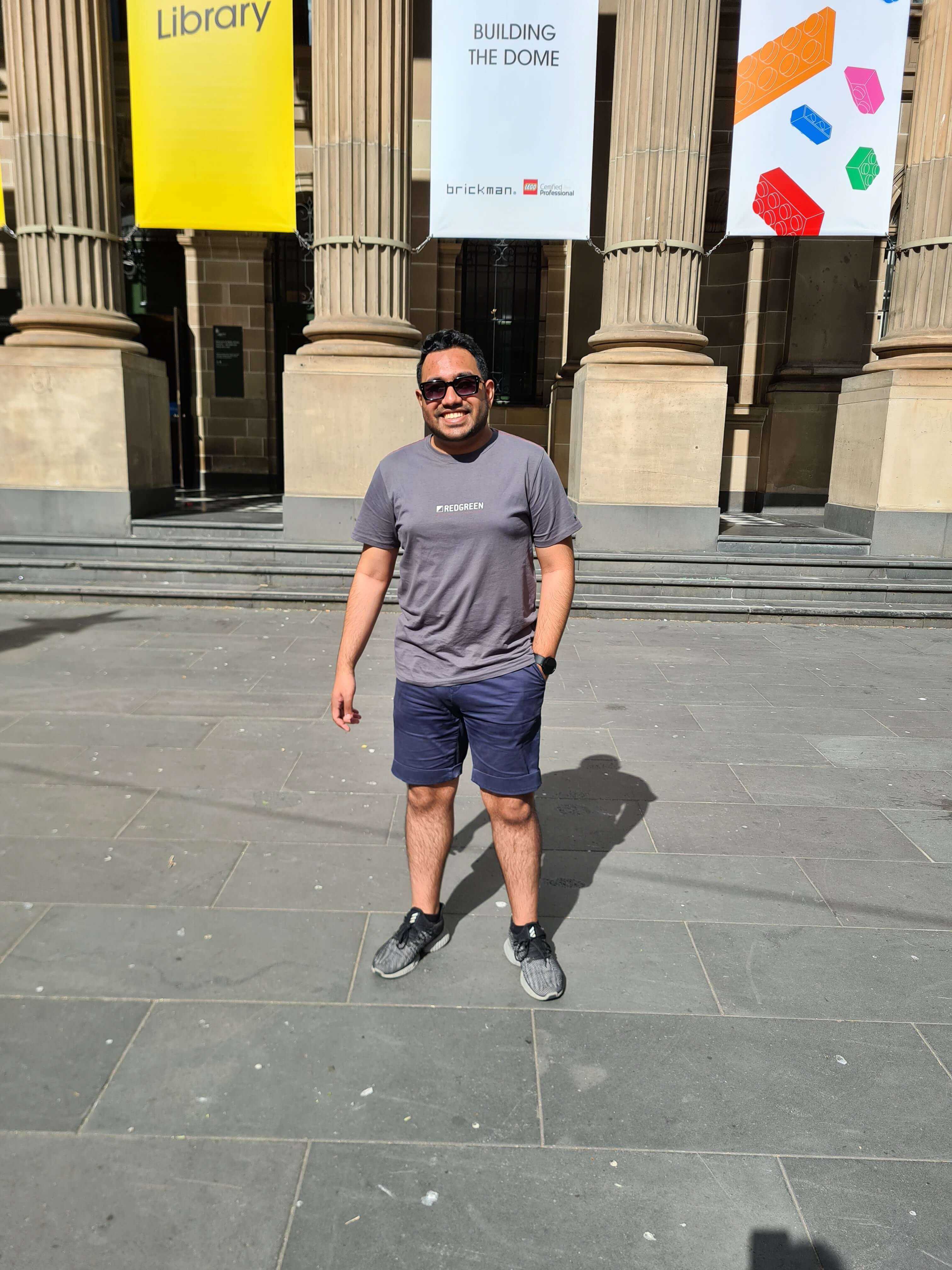
Now in Melbourne, Arafat hopes to continue his advocacy for international students. Source: Sadman Arafat
I’ve been a Monash student for two years, but I just got my student card! I’ve had to ask juniors about the university buildings, as I didn’t know how to navigate my way on campus. Melbourne is really good – its people are friendly, and the city is very multicultural.
Now that you’re in Melbourne, what do you plan to do or achieve?
My current target is to become more active on campus, but I want to continue my advocacy for international students for all students. That’s why I’m trying to make my way through it. I’m trying to focus more on my studies and get a part-time job.
What advice would you give students who want to come to Australia?
I think it’s very important to first research about the country you’re going to and the place where you’ll study. For instance, Melbourne is basically the capital of Victoria. It’s probably almost three times the size of my own country. In the city, you’ll have the advantage of having more job opportunities, but at the same time, it’ll be more expensive.
Regional universities are easier to get into, and they are also cheaper, but there are less jobs available. You also have to consider the weather, whether you can withstand a cold climate, as it can affect your study experience.
For those who are still stranded abroad, just hold on tight. I know it feels like no one is listening. You feel isolated and alone, but things will get better eventually. Make sure to spend more time with your loved ones. It’ll be difficult to talk to your family when you’re thousands of miles away, so make every second count.








